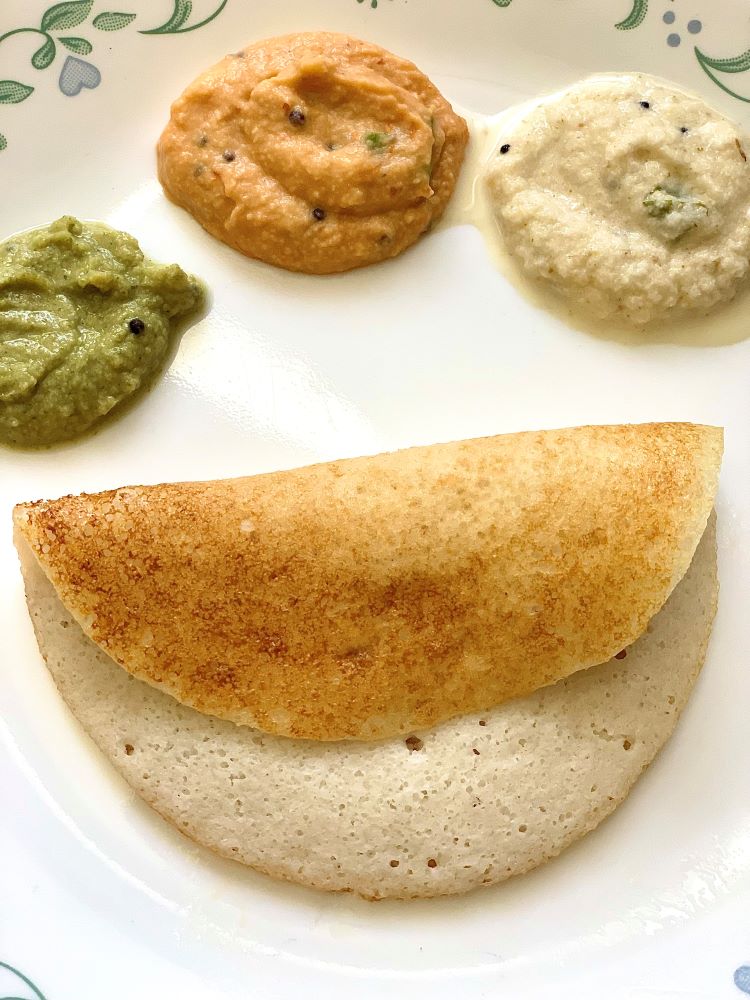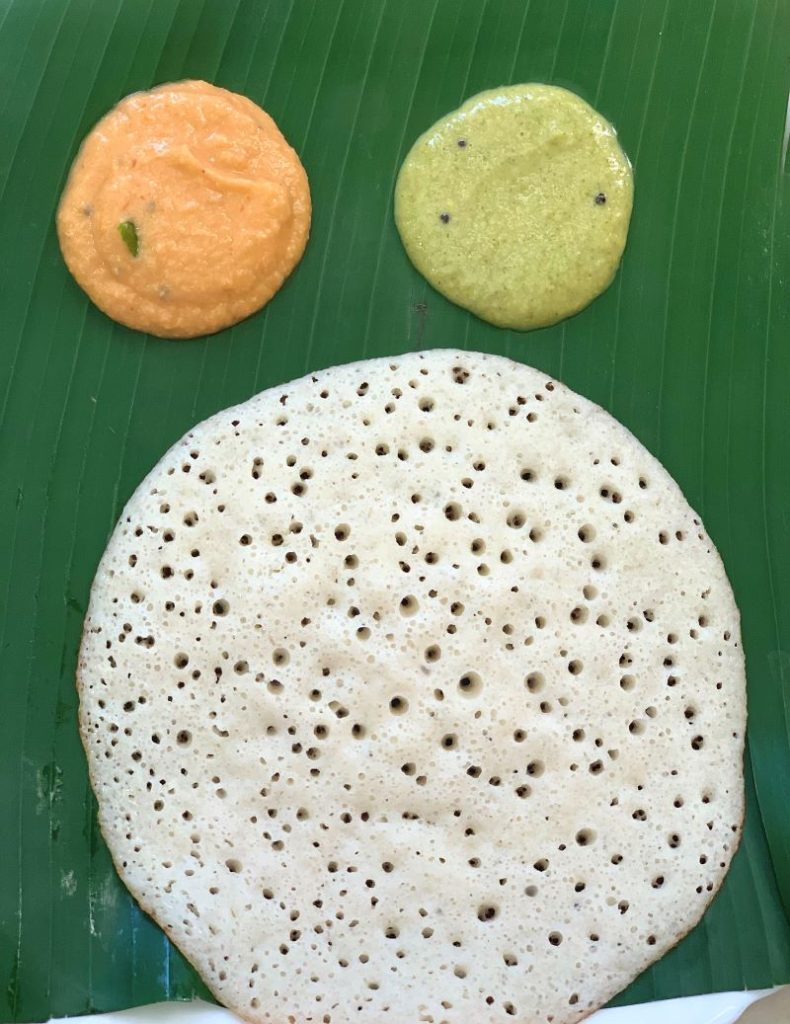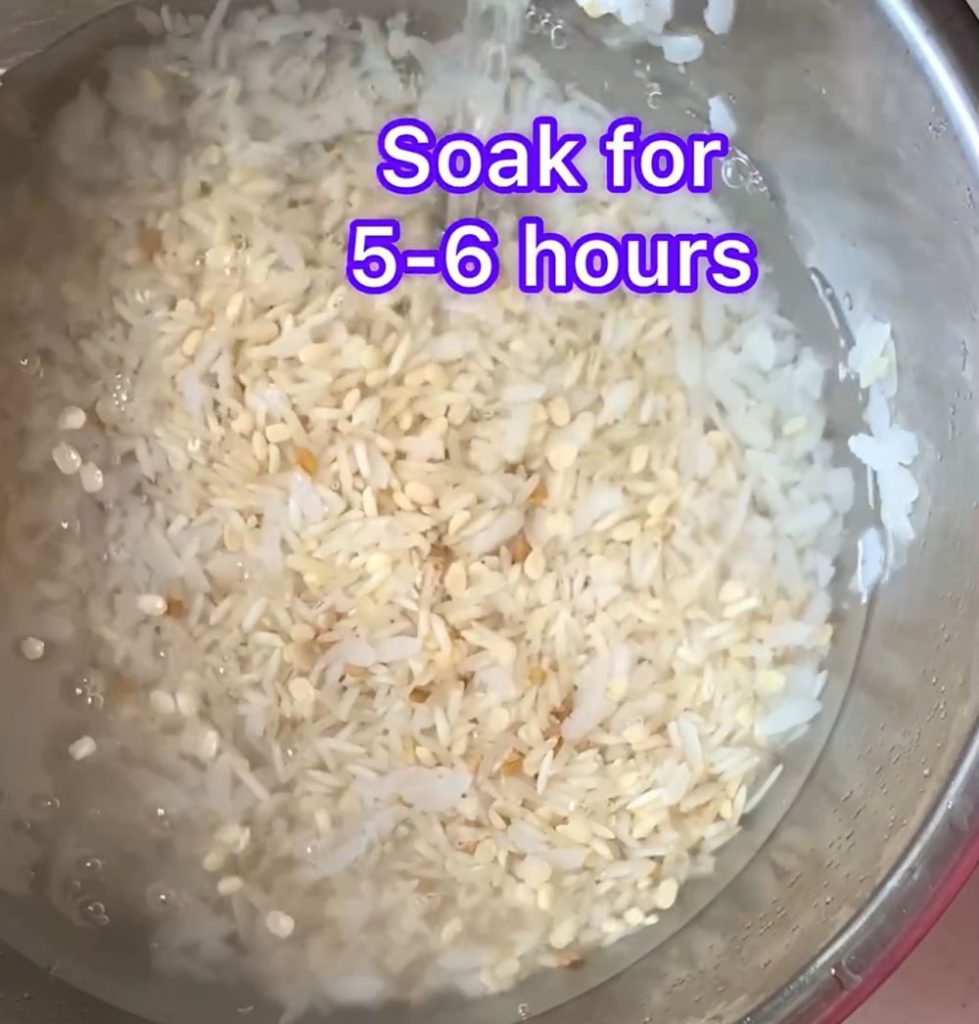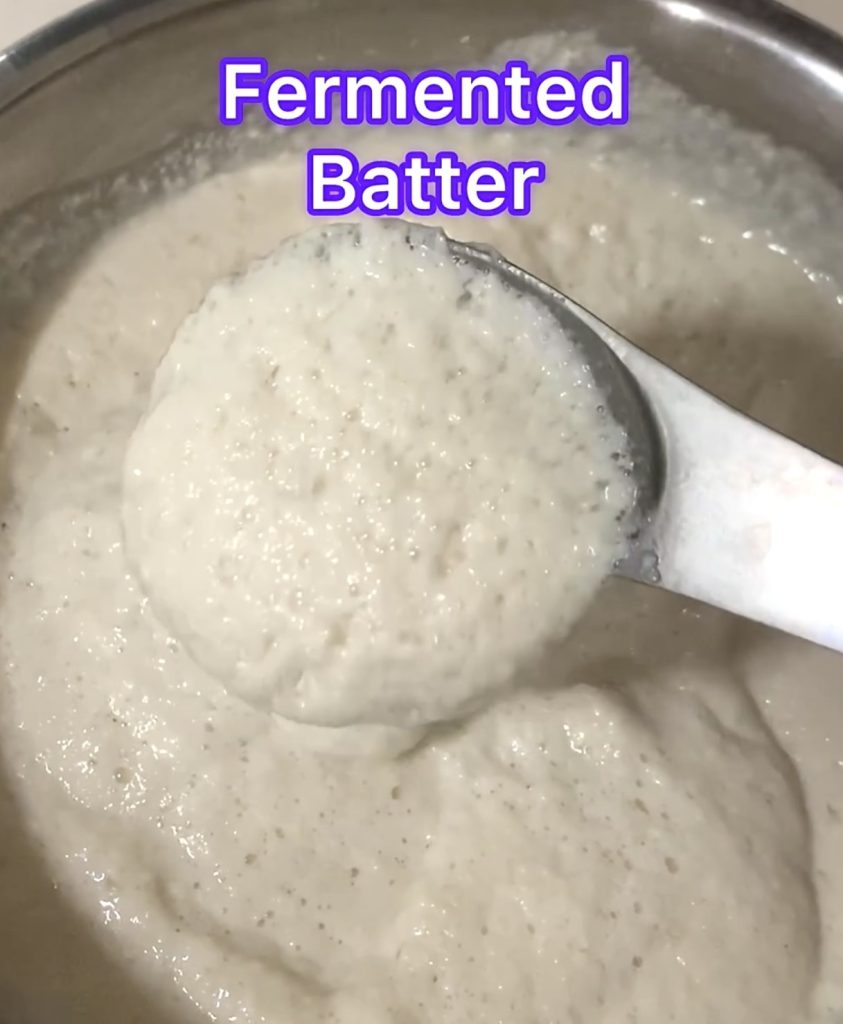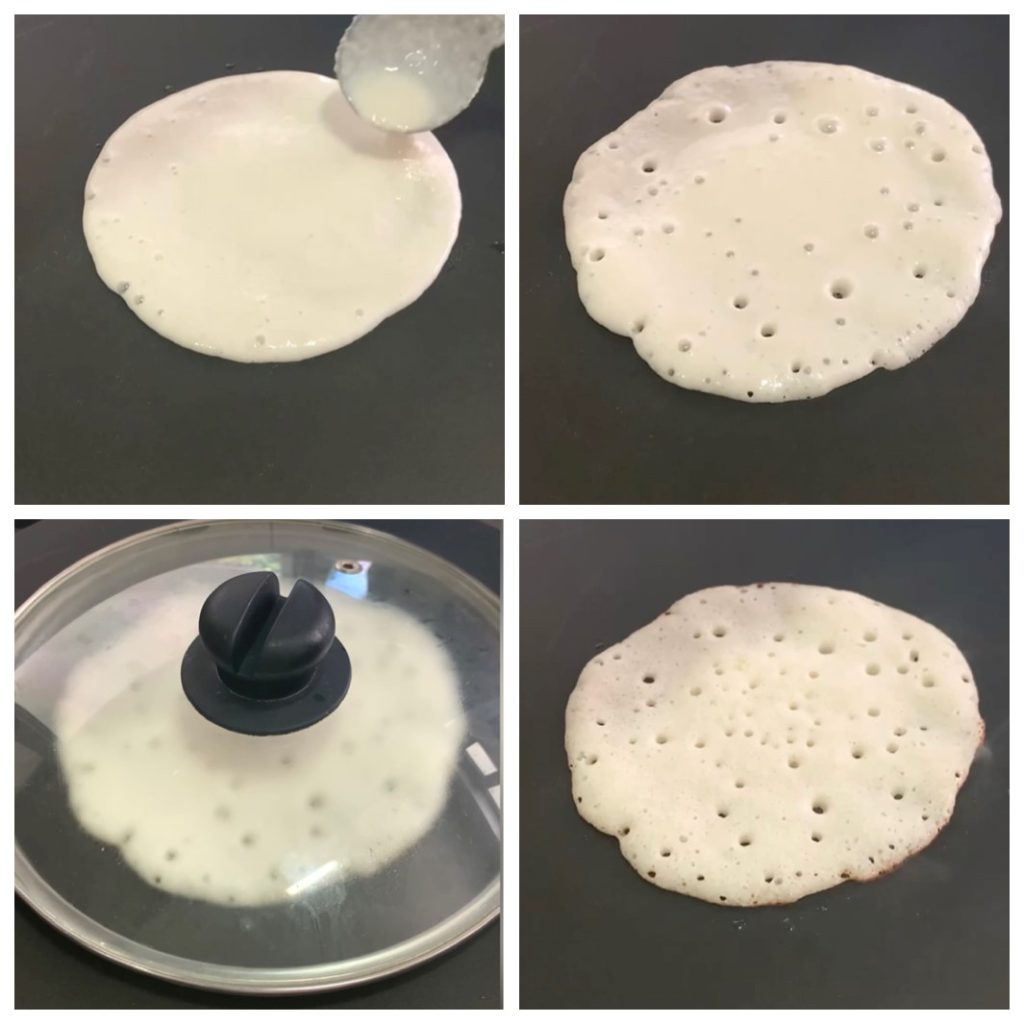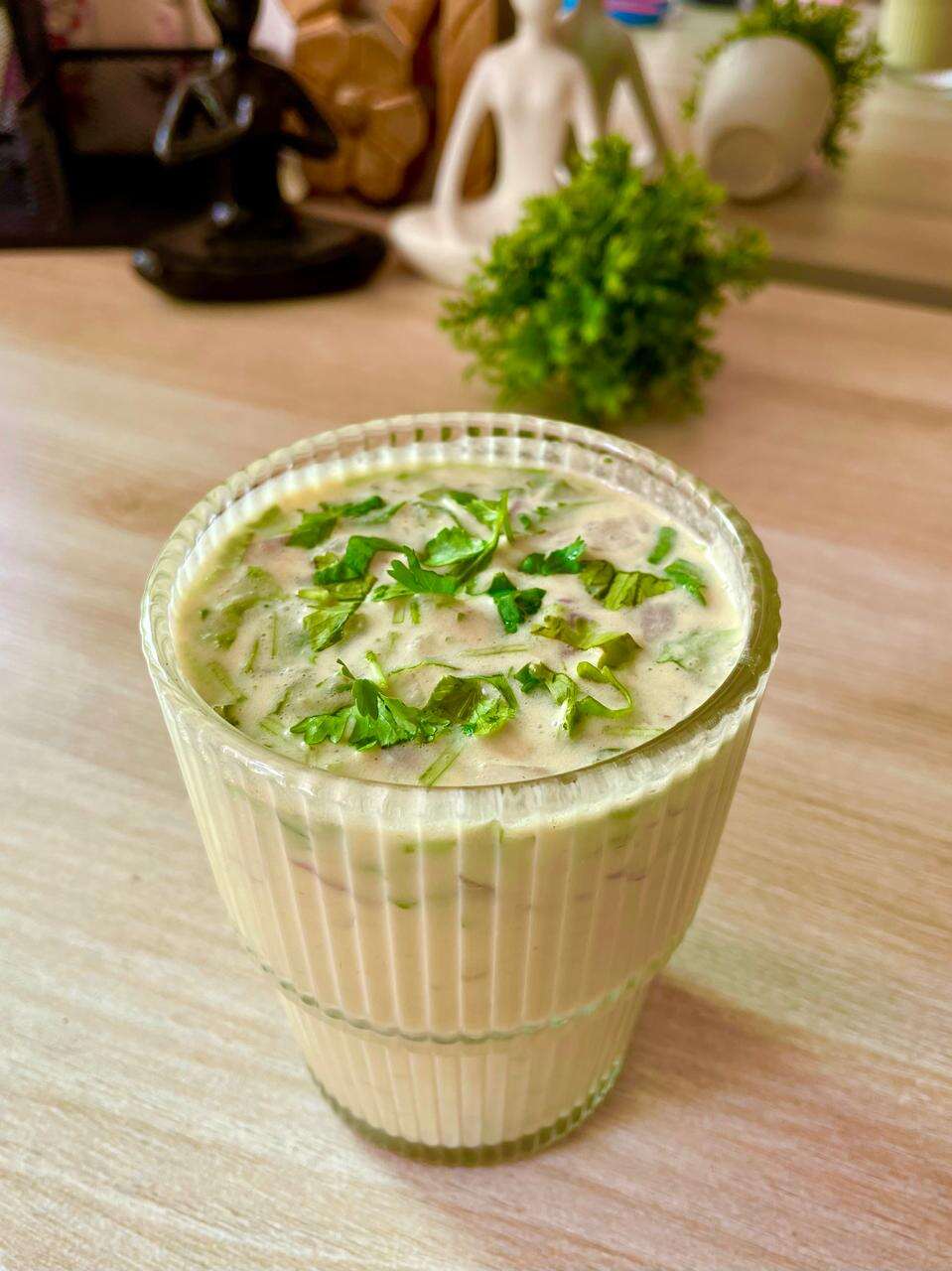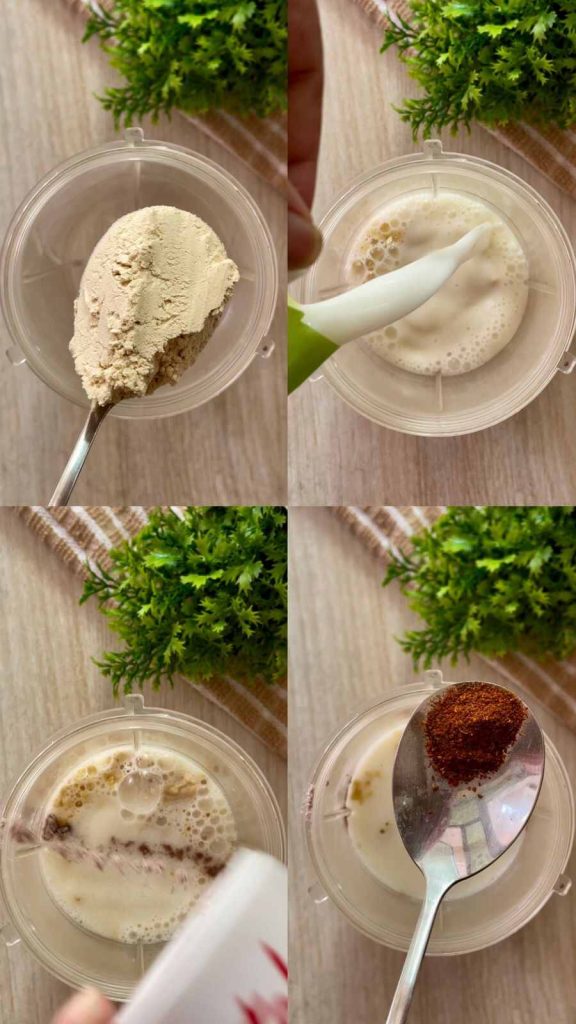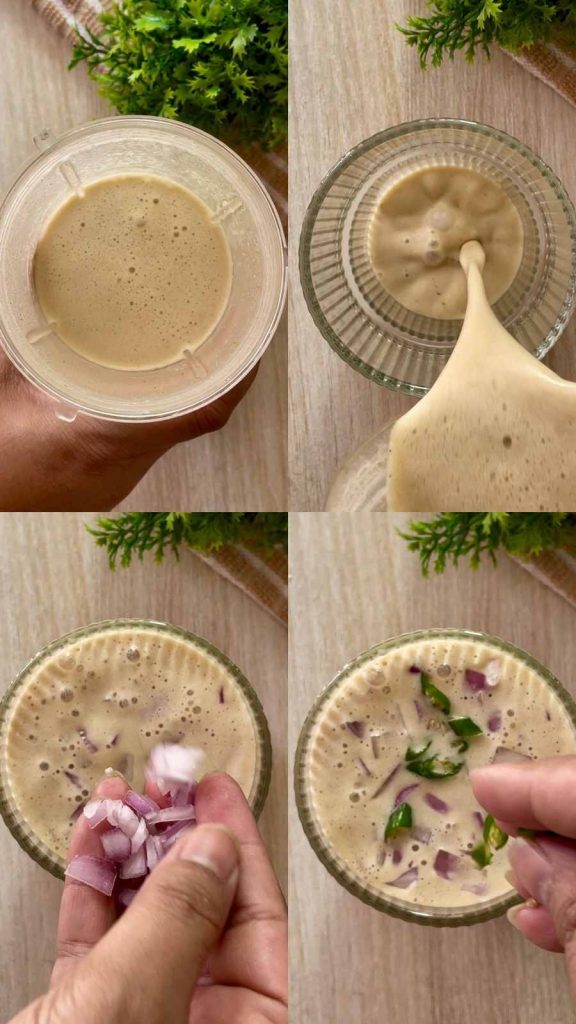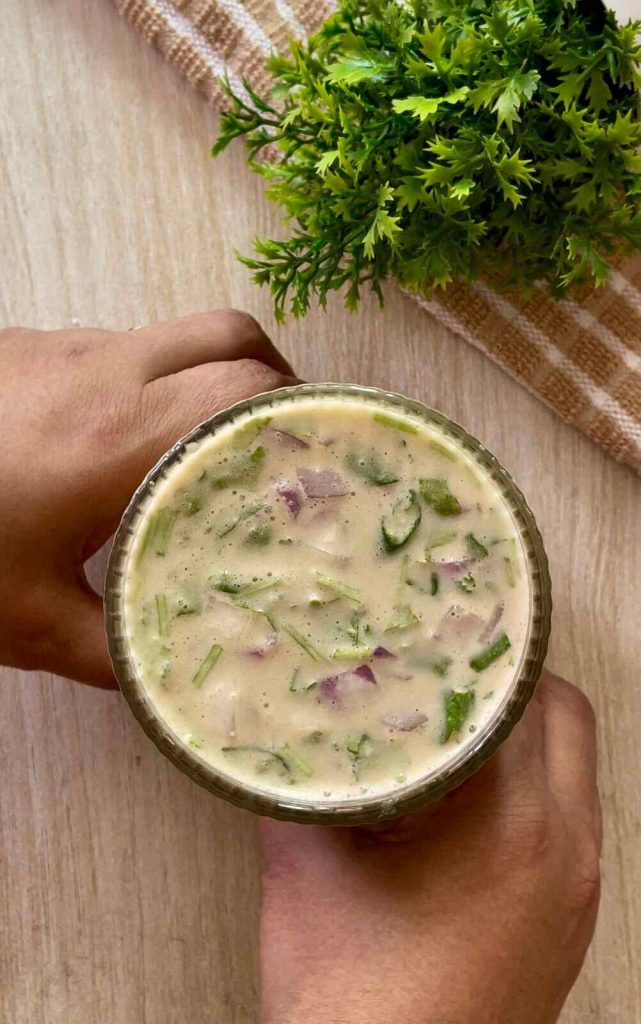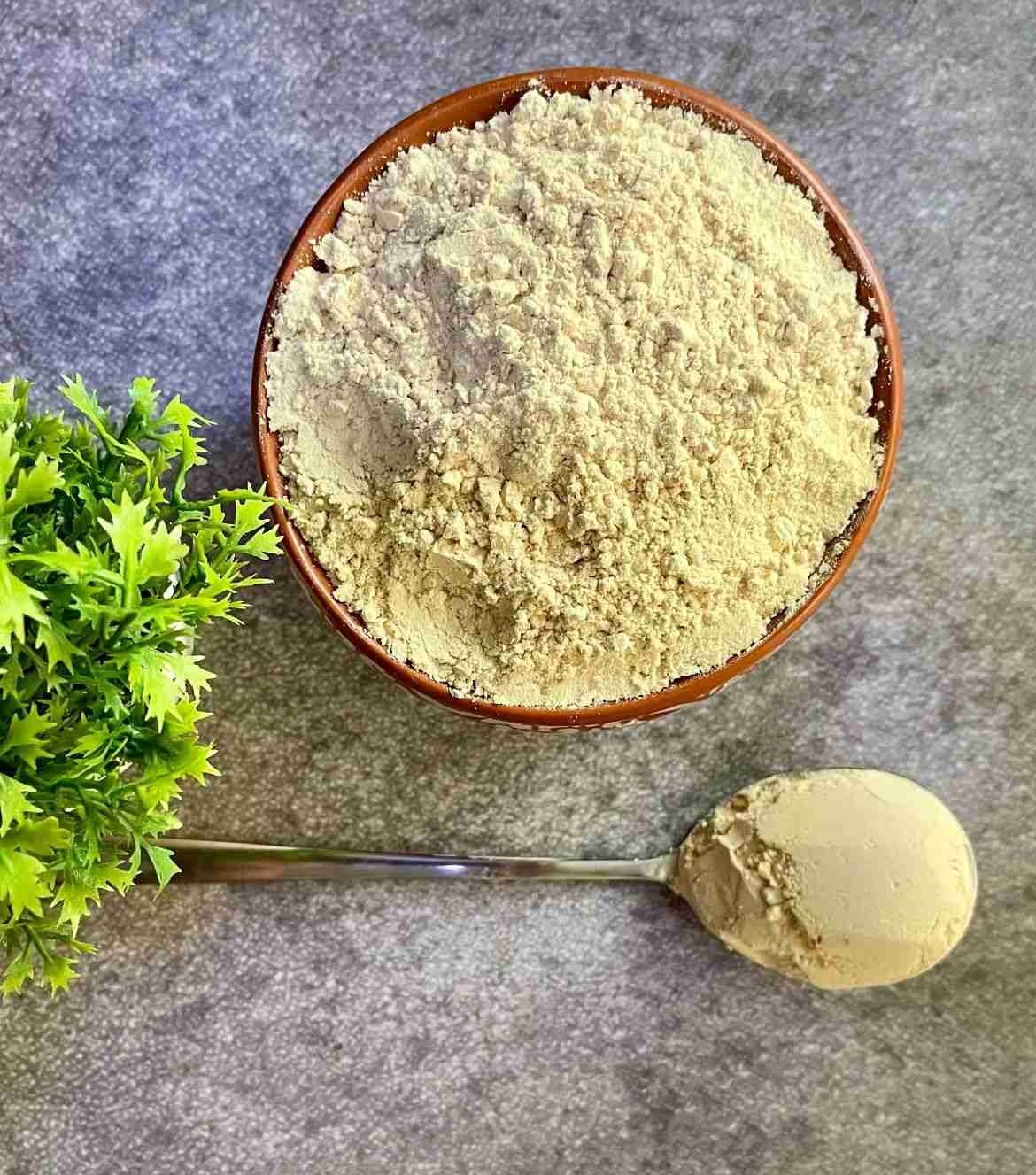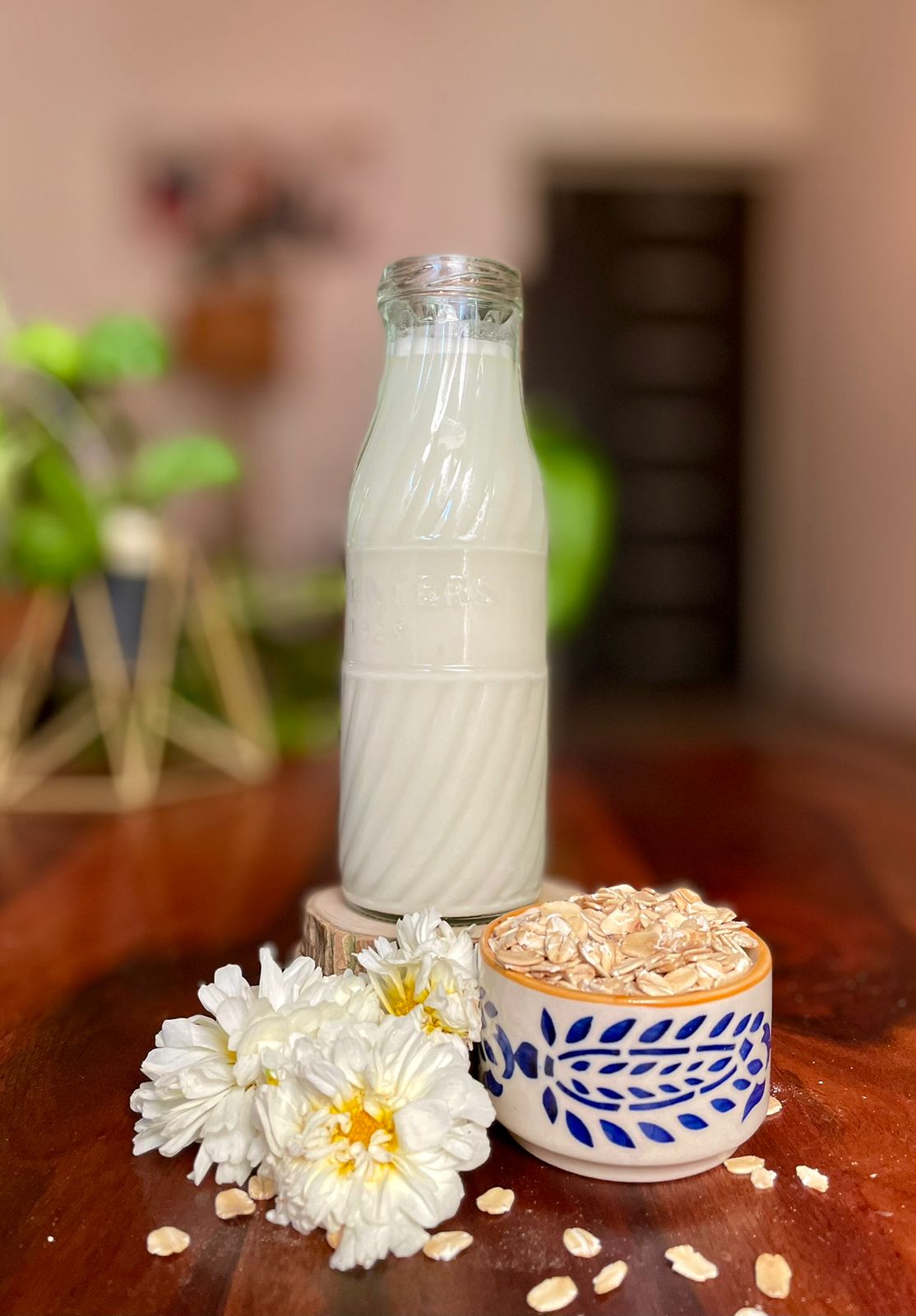
Oat milk is a creamy, plant-based alternative to dairy milk, rich in fiber and essential nutrients like vitamin D and calcium. It’s a great option for vegans, as it’s free from animal products and is environmentally friendly due to its low water and carbon footprint. Additionally, oat milk is easy to digest and can help lower cholesterol levels, making it a nutritious choice for everyone.
Oatmeal Milk Recipe
Ingredients:
1 cup rolled oats
4 cups iced chilled water
Instructions:
Place the oats into a blender. Add 4 cups of iced chilled water to the blender. Blend on high for about 30-40 seconds until the mixture is smooth and creamy.
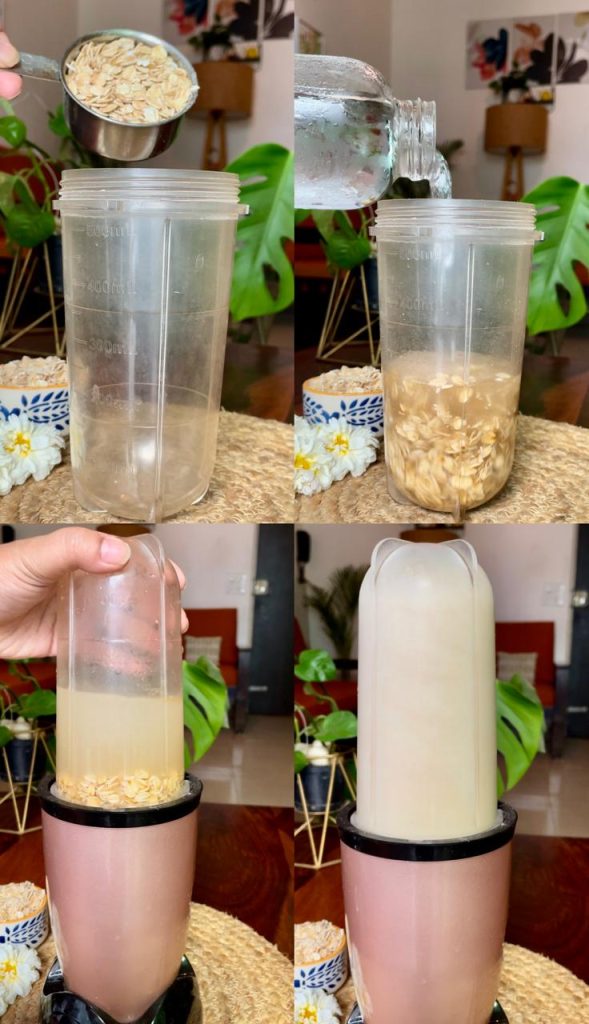
Pour the blended mixture through a fine mesh strainer, cheesecloth, or nut milk bag into a bowl or pitcher to remove the oat pulp. Squeeze out as much liquid as possible.
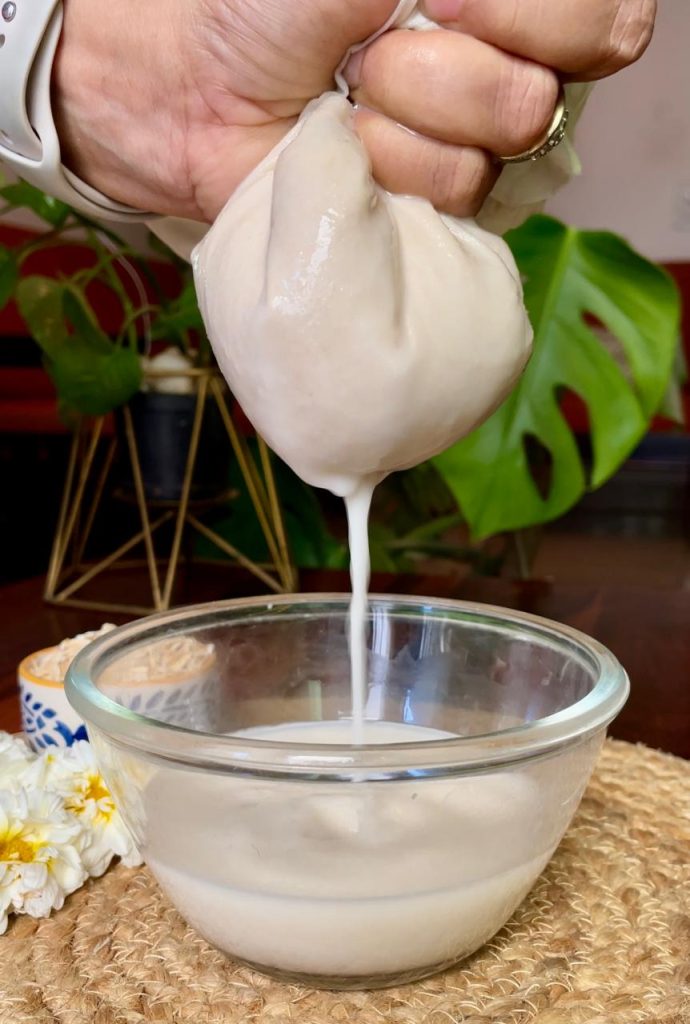
Transfer the oatmeal milk to a clean bottle or jar and refrigerate. Shake well before using.
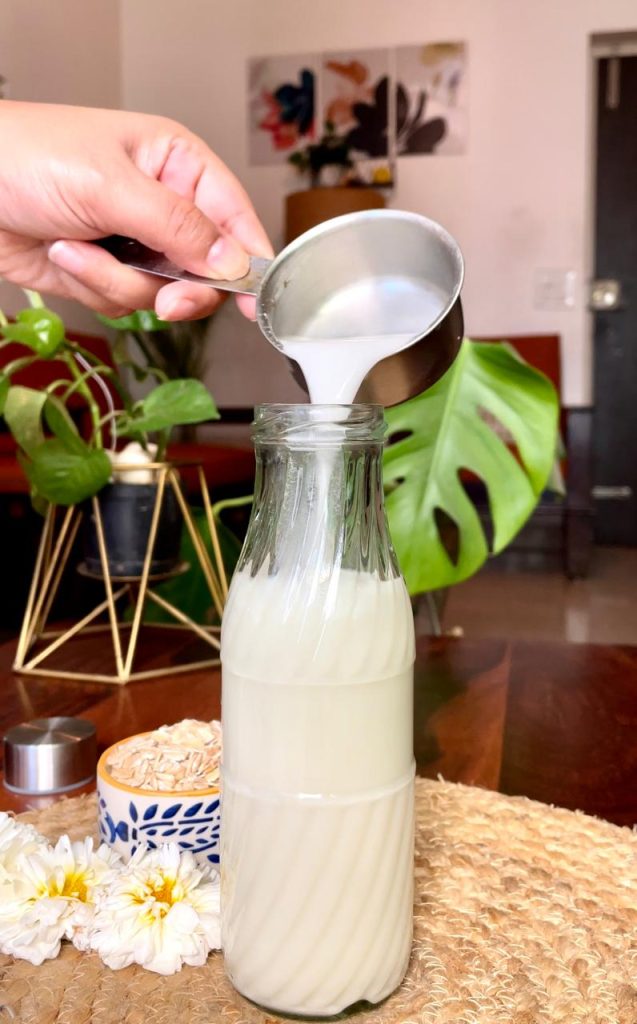
Oat milk is an excellent choice for individuals with lactose intolerance or those who are allergic to nuts, soy, or gluten. Environmentally, oat milk production has a lower environmental impact compared to dairy and other plant-based. This makes it a sustainable choice for eco-conscious consumers.
How to Make Oat Milk Less Slimy
Here are some tips to help you make smooth, non-slimy oat milk:
- Use Cold Water
Blend the oats with cold water instead of warm or hot water. Warm water can cause the oats to release more starch, leading to a slimy texture. - Avoid Over-Blending
Blend the oats and water for a shorter duration, typically around 30 seconds. Over-blending can break down the oats too much, resulting in a slimier texture. - Strain Thoroughly
After blending, strain the oat milk through a fine-mesh sieve, cheesecloth, or a nut milk bag. This helps to remove excess oat particles that can contribute to a slimy consistency. - Use Rolled Oats
Opt for rolled oats instead of instant oats or steel-cut oats. Rolled oats tend to produce less slime because they have a more consistent texture. - Chill Before Serving
Chill the oat milk in the refrigerator for a few hours before serving. This can help the milk settle and improve the texture.
By following these tips, you can enjoy smooth, non-slimy oat milk that’s perfect for drinking, adding to coffee, or using in recipes.

